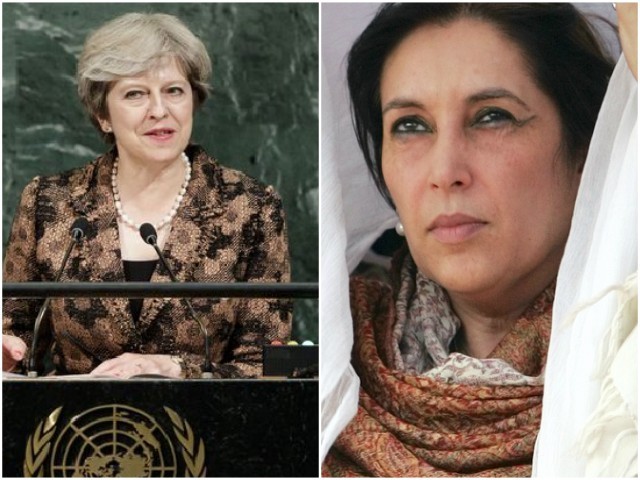Theresa May’s political career stands at the brink but what is driving her on is a strong sense of duty forged in her childhood
The anarchy engulfing her leadership, even before the confidence vote in her Conservative party, lies in stark contrast to her early years in the seaside town of Eastbourne.
She led a relatively quiet upbringing as the only child of a Church of England clergyman. In comparison to many of her Conservative colleagues Mrs May attended state schools rather than the expensive private institutions steeped in history many of her predecessors went to.
Gaining a degree from Oxford fitted more into the tradition of UK leaders, but her subject choice of geography was not the typical breeding grounds for a prime minister even if she then spent six years working for the Bank of England.The early 80’s were marked by tragedy when her father died in a car accident and her mother from multiple sclerosis. Aged 25 and finding her place in the world, she was now an orphan. Mrs May has previously commented she was sorry her parents never saw her elected as a Member of Parliament – but they didn’t even witness her role tenure as a Conservative councillor for the London borough of Merton from 1986 to 1994.
Helping her through the tragedy was her husband Phillip, who she married in 1980 at the age of 23 after meeting at Oxford University, and is often described as her “rock.” Mrs May had an eclectic group of friends whilst studying, including Sir Alan Duncan and Damien Green, who would later become ministers and close allies.
However, it was Benazir Bhutto, the future Pakistani prime minister, who was particularly influential when she introduced Mrs May to Phillip.
In her early parliamentary career, after being elected for the new constituency of Maidenhead in 1997, one her most notable roles was as the first female chairman of the Conservative’s. She famously urged the party to change, uttering the words: “You know what people call us? The Nasty Party.”
When David Cameron became prime minister in 2010, he immediately made Mrs May home secretary become the fourth women to hold one of the British great offices of state. Arguably her biggest test was the 2011 summer riots, when a London man was shot dead by police, sparking country-wide chaos that mirror the state of UK politics.
Comparisons are being made between Mrs May’s predicament and Malcom Turnbull, former Australian prime minister, who faced a leadership crisis earlier this year in his Liberal party. He survived the initial vote, but amid further pressure only ten days later he handed in his resignation. What will happen with Mrs May remains to be seen.
https://www.blogger.com/blogger.g?blogID=6906155786122195046#editor/target=post;postID=121421118326680383

No comments:
Post a Comment